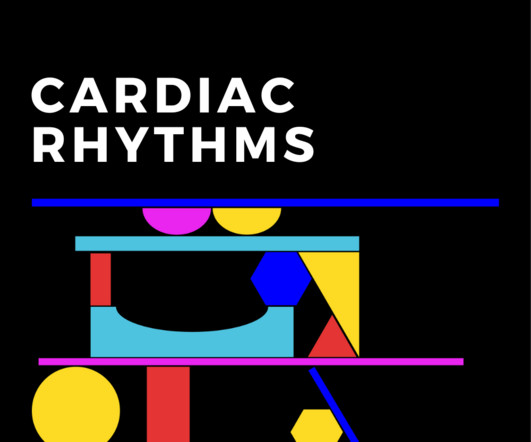SGEM#391: Is it Time for a Cool Change (Hypothermia After In-Hospital Cardiac Arrest)?
The Skeptics' Guide to EM
FEBRUARY 3, 2023
You are tidying your things in anticipation of the arrival of the dayshift when a code blue is called. The nurses started CPR immediately and place pads before you even arrived. Since 2002, we have seen several larger trials that have raised questions about the value of hypothermia. Are we supposed to be starting hypothermia?”











Let's personalize your content